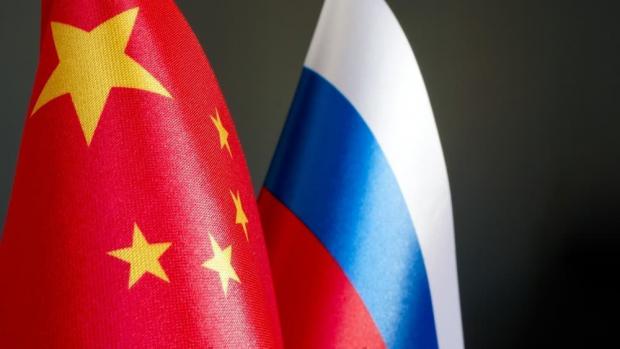
Breaking News
 Canada's MAID CULTURE OF DEATH Just Hit Rock Bottom: KILLING PRISONERS NOW!!!
Canada's MAID CULTURE OF DEATH Just Hit Rock Bottom: KILLING PRISONERS NOW!!!
 Weight gain single-handedly prevented by a gut microbe
Weight gain single-handedly prevented by a gut microbe
 Doug Casey on 2025's Defining Events and What Comes Next
Doug Casey on 2025's Defining Events and What Comes Next
 BREAKING: Officer Tatum & Other Investigators Believe A Potential Suspect In The Brown...
BREAKING: Officer Tatum & Other Investigators Believe A Potential Suspect In The Brown...
Top Tech News
 This tiny dev board is packed with features for ambitious makers
This tiny dev board is packed with features for ambitious makers
 Scientists Discover Gel to Regrow Tooth Enamel
Scientists Discover Gel to Regrow Tooth Enamel
 Vitamin C and Dandelion Root Killing Cancer Cells -- as Former CDC Director Calls for COVID-19...
Vitamin C and Dandelion Root Killing Cancer Cells -- as Former CDC Director Calls for COVID-19...
 Galactic Brain: US firm plans space-based data centers, power grid to challenge China
Galactic Brain: US firm plans space-based data centers, power grid to challenge China
 A microbial cleanup for glyphosate just earned a patent. Here's why that matters
A microbial cleanup for glyphosate just earned a patent. Here's why that matters
 Japan Breaks Internet Speed Record with 5 Million Times Faster Data Transfer
Japan Breaks Internet Speed Record with 5 Million Times Faster Data Transfer
 Advanced Propulsion Resources Part 1 of 2
Advanced Propulsion Resources Part 1 of 2
 PulsarFusion a forward-thinking UK aerospace company, is pushing the boundaries of space travel...
PulsarFusion a forward-thinking UK aerospace company, is pushing the boundaries of space travel...
 Dinky little laser box throws big-screen entertainment from inches away
Dinky little laser box throws big-screen entertainment from inches away
 'World's first' sodium-ion flashlight shines bright even at -40 ºF
'World's first' sodium-ion flashlight shines bright even at -40 ºF
How Iran's 'Strategic Patience' Switched to Serious Deterrence

A little over 48 hours before Iran's aerial message to Israel across the skies of West Asia, Russian Deputy Foreign Minister Sergey Ryabkov confirmed, on the record, what so far had been, at best, hush-hush diplomatic talk:
The Russian side keeps in contact with Iranian partners on the situation in the Middle East after the Israeli strike on the Iranian consulate in Syria.
Ryabkov added, "We stay in constant touch [with Iran]. New in-depth discussions on the whole range of issues related to the Middle East are also expected in the near future in BRICS."
He then sketched The Big Picture:
Connivance with Israeli actions in the Middle East, which are at the core of Washington's policy, is in many ways becoming the root cause of new tragedies.
Here, concisely, we had Russia's top diplomatic coordinator with BRICS – in the year of the multipolar organization's Russian presidency – indirectly messaging that Russia has Iran's back. Iran, it should be noted, just became a full-fledged BRICS+ member in January.
Iran's aerial message this weekend confirmed this in practice: their missile guidance systems used the Chinese Beidou satellite navigation system as well as the Russian GLONASS system.
This is Russia–China intel leading from behind and a graphic example of BRICS+ on the move.
Ryabkov's "we stay in constant touch" plus the satellite navigation intel confirms the deeply interlocked cooperation between the Russia–China strategic partnership and their mutual strategic partner Iran. Based on vast experience in Ukraine, Moscow knew that the biblical psychopathic genocidal entity would keep escalating if Iran only continued to exercise "strategic patience."



